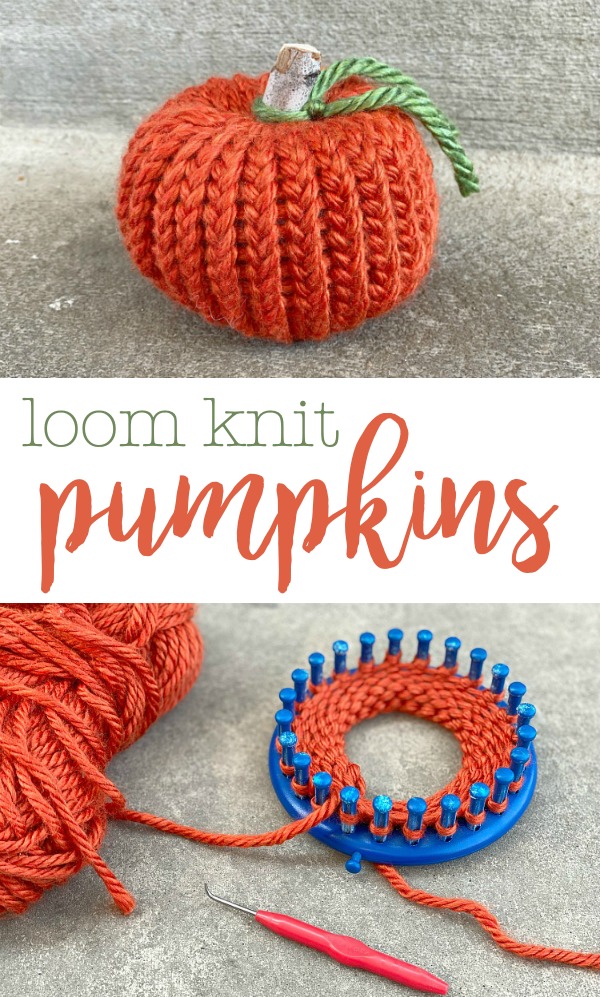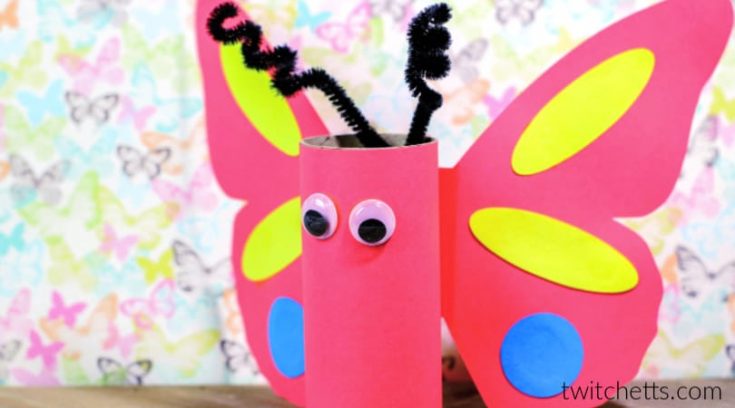
If you're a knitter, you might be wondering how to bind off knitting. We'll be comparing the various types of bindings, including the sewn and cast-on. Let's begin by discussing the differences between the two types. YO's (you-over-ones) and sts, which are the most commonly used stitches.
YO:s
Binding is one among the most difficult and time-consuming knitting techniques. You may not want to make your binding tight. The trick is to allow the bindoff to fall a little. As you knit the last row, it is important to let your tension relax. To do this, simply insert the left needle over the 2nd stitch. Continue knitting until the row ends. You can loosen your tension or use a bigger needle if you are unsure about knitting the last row.

Suspended Bind Off
Suspended binding is an alternative to the Basic Bind Off. It's a good way to not bind too tightly. To begin, place the 2nd needle stitch on your right over the 1st stitch on your left needle. Do not drop it from its tip. This "suspends", which places the right needle’s tip above the first stitch. The "suspended" binding is completed by dropping the next stitch from the left needle.
Three-needle bind off
The 3-needle-bind off is a technique for joining two pieces of knitting together. The working needle is used to pass through the first loop and second loops. The right-hand holds the third needle. The three needles are connected towards the end of the knitting. The working needle is the one that knits the blue yarn through the red and green fabric. To knit the final stitch, the third needle is used.
Cast-on vs. Sewn Bind Off
You might be wondering which method you should use to bind off knitting. There are many methods to bind your knitting, including the cast on method and the sewn bound off. Each method has its pros and cons, regardless of whether you are using a knitting needle (or a crochet hook). Let's compare both. It is important to choose the right method for binding a piece.

Correcting knitting mishaps after binding off
It is possible to make a mistake or have a problem after binding off your knitting project. Don't panic! It is simple to fix a knitting error once you have some experience. First, determine the nature of the problem. Is it just a couple of misplaced stitches or the entire row? Is the row completely off-center? Depending upon the nature of the mishap, there will be a solution.
FAQ
What are your educational hobbies and interests?
An educational hobby involves a sport or other activity where you can learn something from doing it. This could include anything from learning to play an instrument to playing sports.
You should have fun with it. You don't necessarily have to do this all the time. But if it becomes boring, then think about what you could be doing.
You also want to ensure you're not spending too much on these activities because they can end up costing you more than they're worth.
What are your top hobbies?
Doing something you enjoy is the best hobby. If you enjoy what you do, it will be much easier to keep going. This will give you a reason for not feeling well, or tired.
The hobbies we all love are gardening, painting and crafting, photography.
Another option is to volunteer at a local charity shop.
If you're looking to do something more adventurous, Why not take up scuba diving, rock climbing, sky diving, bungee jumping, white water rafting, sailing, surfing, canoeing, kayaking, horse riding, zip lining, hang gliding, paragliding, skydiving, snowboarding, skiing, mountain biking, hiking, camping, fishing, hunting, archery, shooting, clay pigeon shooting, target shooting, golf, tennis, swimming, snorkeling, windsurfing, waterskiing, kitesurfing, wakeboarding, standup paddle boarding, hang gliding, parasailing, hot air ballooning, paragliding and many more.
There are many ways to enjoy nature, even if you don't want to travel far. These include caving and cave tubing.
Why do we need hobbies?
Hobbies are an integral part of our daily lives. They allow us to relax, unwind and think creatively. They also provide us with opportunities for learning new skills and developing valuable life-long interests.
Hobbies can help us find meaning and purpose.
They are often a great way to spend free time when you don't have much else going on.
They are fun!
If you don’t make time for a hobby then it’s probably not worth your time.
So take a look at all the options available to you. Perhaps you should get a hobby started today if you don’t already have one.
What are competitive hobbies?
Swimming, running, cycling, golfing and tennis are some of the competitive sports.
These games are often played by people who enjoy exercise but also offer the opportunity to interact with others.
If your hobby is physical activity, chances are that others share it.
This could mean joining a club, or group that meets regularly to do sports together.
You could also opt to take part in team games that involve playing alongside others.
These include football (soccer), cricket, rugby, netball, basketball, hockey, baseball, volleyball, badminton, squash, handball, and table tennis.
There are many types of competition.
Some competitions are organized for purely recreational purposes.
Others are meant to test competitors' skills.
Others are also designed to reward exceptional performance.
These cases award prizes to the winners.
Other competitions test strength and endurance.
These are endurance events.
For example, marathon races, triathlons, Ironman Triathlon, etc.
Athletes train hard before they compete in these events.
They will adhere to a strict training program that prepares them mentally as well as physically.
They may also need to spend some time away from home during preparation.
It is important to keep in mind that not all athletes can compete in every event.
Where can I get free resources to learn more?
Many websites are dedicated to helping people find new hobbies.
These are our top picks:
www.trythisathome.com - This site provides a list of over 100 different hobbies. It also offers information on how each one can be started.
www.hobbyfinders.org: This website offers thousands of activities you can search by skill level, location, or interest.
www.indiebazaar.co.uk - IndieBazaar is an online marketplace designed specifically for independent artists and musicians. This site offers hundreds of products, ranging from artwork and music gear.
www.pinterest.com/explore/hobbies - Pinterest is a social media network that lets users "pin" images they find interesting onto their boards. Boards let users organize what they like into particular categories.
www.reddit.com/r/Hobbies Reddit enables users to post links and articles, as well as videos, on other social media platforms like Facebook. Voting is available for users to choose the most valuable posts.
What are some hobbies that would suit introverts?
The ability to focus on just one thing is a hallmark of introverts. They tend to prefer solitary activities such as reading, writing, playing music, watching movies, etc.
They also love to spend quiet time by themselves. However, they do not enjoy socializing all day long. In fact, they often find themselves bored when surrounded by people.
Introverts will often choose hobbies that require them alone. Introverts may love reading books, listening and/or playing music, or painting, drawing, writing poetry and taking photographs.
Some introverts will even live alone. They are able to concentrate on their hobby while not being distracted by other activities.
Statistics
- A new survey by Pew Research Center of teens ages 13 to 17 finds that 36% of girls feel tense or nervous about their day every day; 23% of boys say the same. (pewresearch.org)
- In comparison, men in the “no humor” condition were refused 84.6% of the time and were only accepted 15.4% of the time. (time.com)
- This 100% accurate personality-analyzing hobby quiz discovers your passion based on your characteristics. (quizexpo.com)
- I am 100% biologically a woman (discover.hubpages.com)
- Much of this decline reflects the fact that teens are less likely to work today than in the past; among employed teens, the amount of time spent working is not much different now than it was around 2005. (pewresearch.org)
External Links
How To
How to learn a music instrument
There are many different ways to learn how music is played. You have the option of going to school, buying a book or taking lessons from someone who plays an instrument. Or, you can watch videos online. Here are some tricks and tips to help you find your way.
-
Find something that interests or appeals to you. You don't have to like every instrument you see. If you don’t enjoy playing an instrument it will be hard for you to get into it.
-
Be patient. Learning anything new takes time. Do not expect to be able to master every aspect of the subject immediately. Instead, practice every day.
-
Keep practicing regularly. Even if you feel tired, keep practicing. This will ensure that you won't forget what you learned.
-
Pick a place where you can practice. You want to be in a place where you are not disturbed by others. You should also make sure there aren’t any distractions. It is best to avoid listening to loud music nearby.
-
Have fun. Music should be enjoyed. You should have fun practicing music. You'll be more motivated to practice if you enjoy yourself.
-
Set goals. If you set goals, then you will know exactly how you want to get there. Therefore, you will have no excuse for failing.
-
Keep track your progress. Note down your successes and mistakes. You'll be able to learn and improve as you go.
-
Pause. Sometimes you just need to take a break. Taking breaks can give you the time to think.
-
Ask questions. Ask other people if you have any doubts or confusion regarding certain aspects of the instrument. They may be willing to help.
-
Listening is the best method to learn. Many musicians enjoy listening to their favorite songs and trying to imitate them. This allows them to understand the basic ideas behind the song.
-
Read books. Lessons learned from books are more valuable than videos and classes. Books often contain information you can't find elsewhere.
-
You can join a band. Playing with others forces you to practice more. Plus, you'll meet people with the same interests as you.
-
Learn from tutorials. Tutorials are short videos that explain various topics in great detail. These videos typically focus on one aspect of the instrument. Tutorials can help you understand complex parts of your instrument.
-
Different methods are possible. Some people prefer to learn via lectures while others prefer to read. Try different methods until you find the one that works for you.
-
Practice makes perfect. It is not possible to become an expert overnight. It is important to put in a lot of effort before you can become skilled enough to perform well.
-
Begin a group of musicians. Listening to your fellow musicians perform their favourite songs can help you learn quicker.